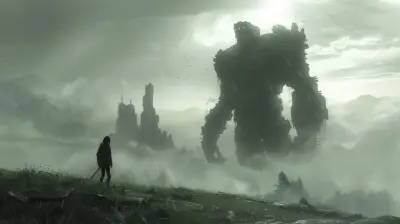Exploring the Relationship Between Skill Trees and Player Choice
19 April 2025
When it comes to video games, the concept of player agency—the ability to make meaningful choices—plays a crucial role in creating a captivating and memorable experience. One of the most fascinating and versatile mechanics that shape this player-driven narrative is the skill tree. Whether you’re diving into a fast-paced RPG, a sprawling open-world adventure, or even a tactical strategy game, skill trees have become synonymous with progression and personalization. But what makes them so impactful? And what does the intricate relationship between skill trees and player choice reveal about how we engage with games?
Grab a snack, and let’s dig into the roots of this relationship (pun intended). We’re about to dissect why skill trees feel so empowering, how they enhance player choice, and what makes them such a staple in modern game design.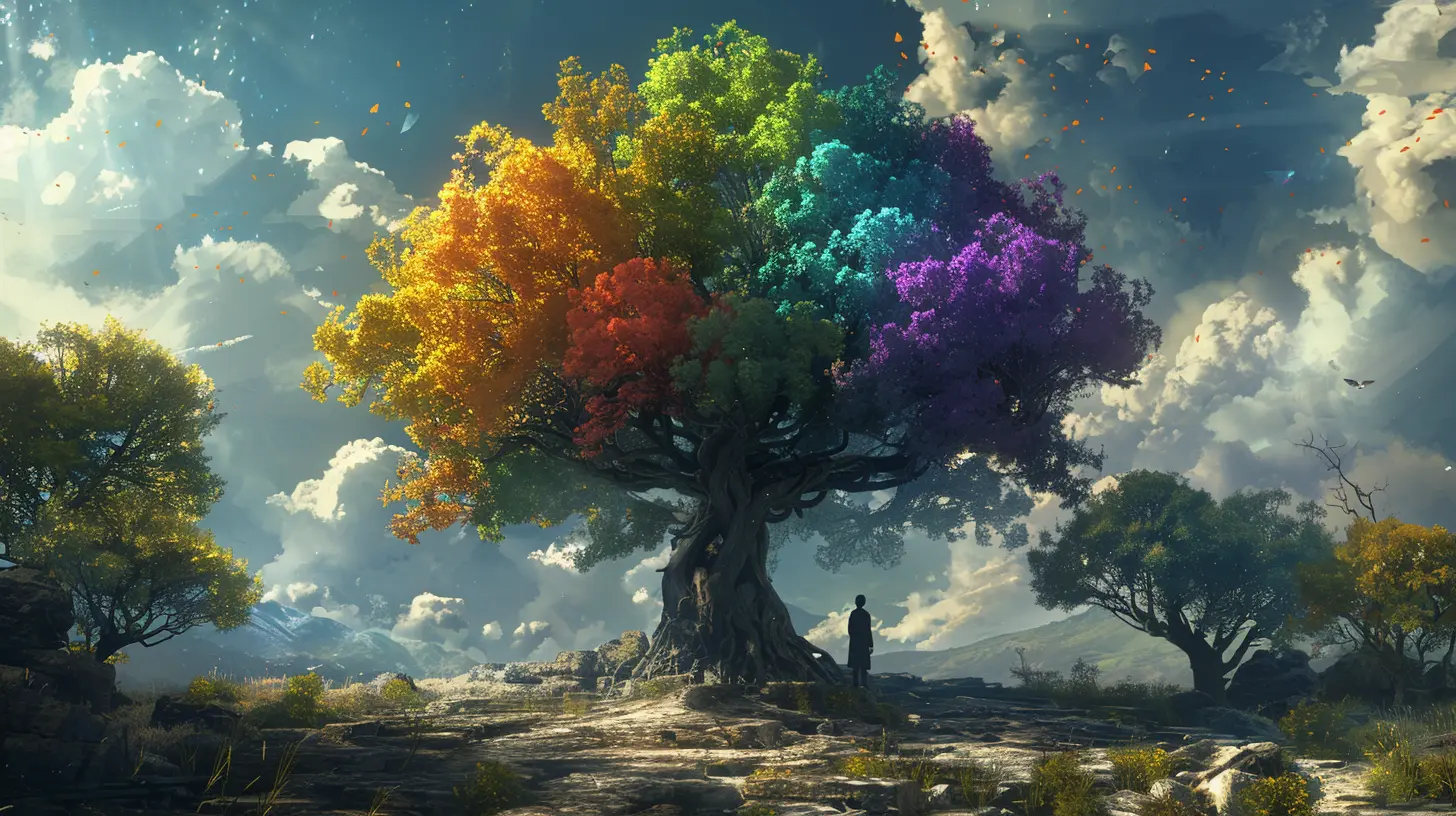
What Is a Skill Tree? A Quick Recap
Before we get too far, let’s break it down for the uninitiated. A skill tree is a progression system in games where players unlock or upgrade abilities, traits, or bonuses along branching paths. Picture it like an actual tree. You start at the trunk (your basic abilities), and as you advance, you branch out in different directions, focusing on unique skills that suit your playstyle. It could be stealth, brute strength, magic, or even social manipulation. The beauty of skill trees lies in their ability to mirror your personal choices and priorities.In essence, a skill tree is less about the "tree" part and more about the "skill." It’s the ultimate playground for customization. But why do these branching paths matter so much? Let’s break it down into digestible pieces.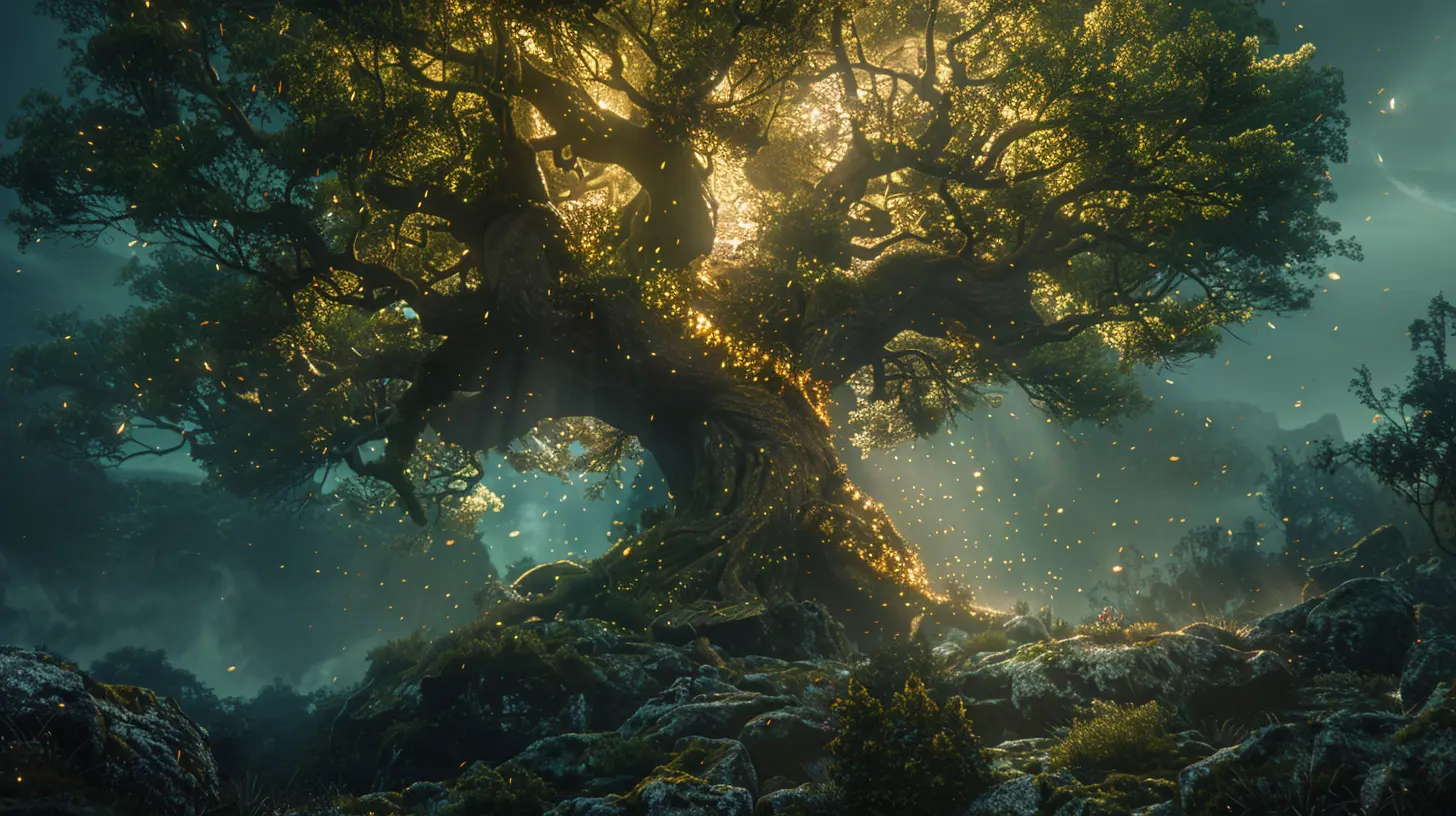
Giving Players Power: The Core of Player Agency
Games are all about choices. Whether it’s choosing how to tackle a mission, deciding how to interact with an NPC, or selecting what cool hat your character gets to wear, the choices players make give them a sense of control. Skill trees amplify this feeling.They take progression beyond the old-school "grind for stats" approach, offering decisions that feel meaningful. For instance, in an action RPG like The Witcher 3, do you boost Geralt’s fast attacks for flashy swordplay? Or do you master alchemy to create powerful potions and bombs? That choice isn’t just about numbers; it’s about how you express yourself as a player.
Think about it: when you’re faced with a skill tree, it’s like being handed a blank canvas. Each decision you make splashes a bit of color on that canvas, shaping your journey and the way you interact with the game world. You’re not just playing—you’re crafting a unique experience.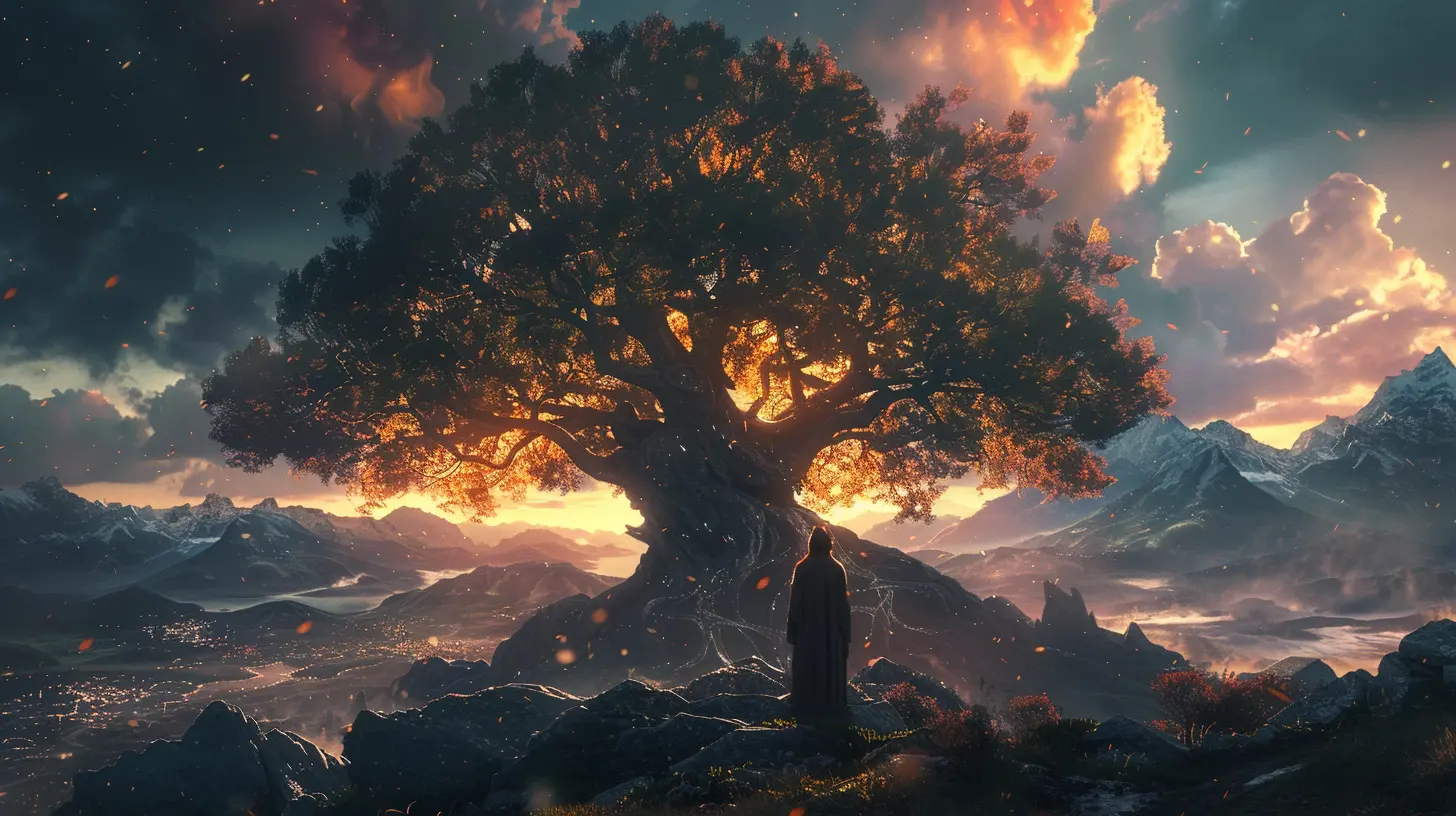
The Appeal of Branching Paths
Skill trees stand out because they encourage experimentation, flexibility, and replayability. Why? It all comes down to those magical branching paths.Imagine playing a game like Horizon Zero Dawn. The skill tree might have categories like "Stealth," "Combat," and "Survivability." You start unlocking stealth perks because sneaking around is your jam. But halfway through the game, you realize you need to get better at handling face-to-face combat for tougher encounters. No problem! You can start investing in combat abilities without feeling like you’re locked into one path.
This freedom to pivot keeps things exciting. You feel like your growth is organic—it’s a reflection of the challenges you’ve faced and how you’ve chosen to overcome them. Skill trees give players multiple ways to win, and that’s deeply rewarding.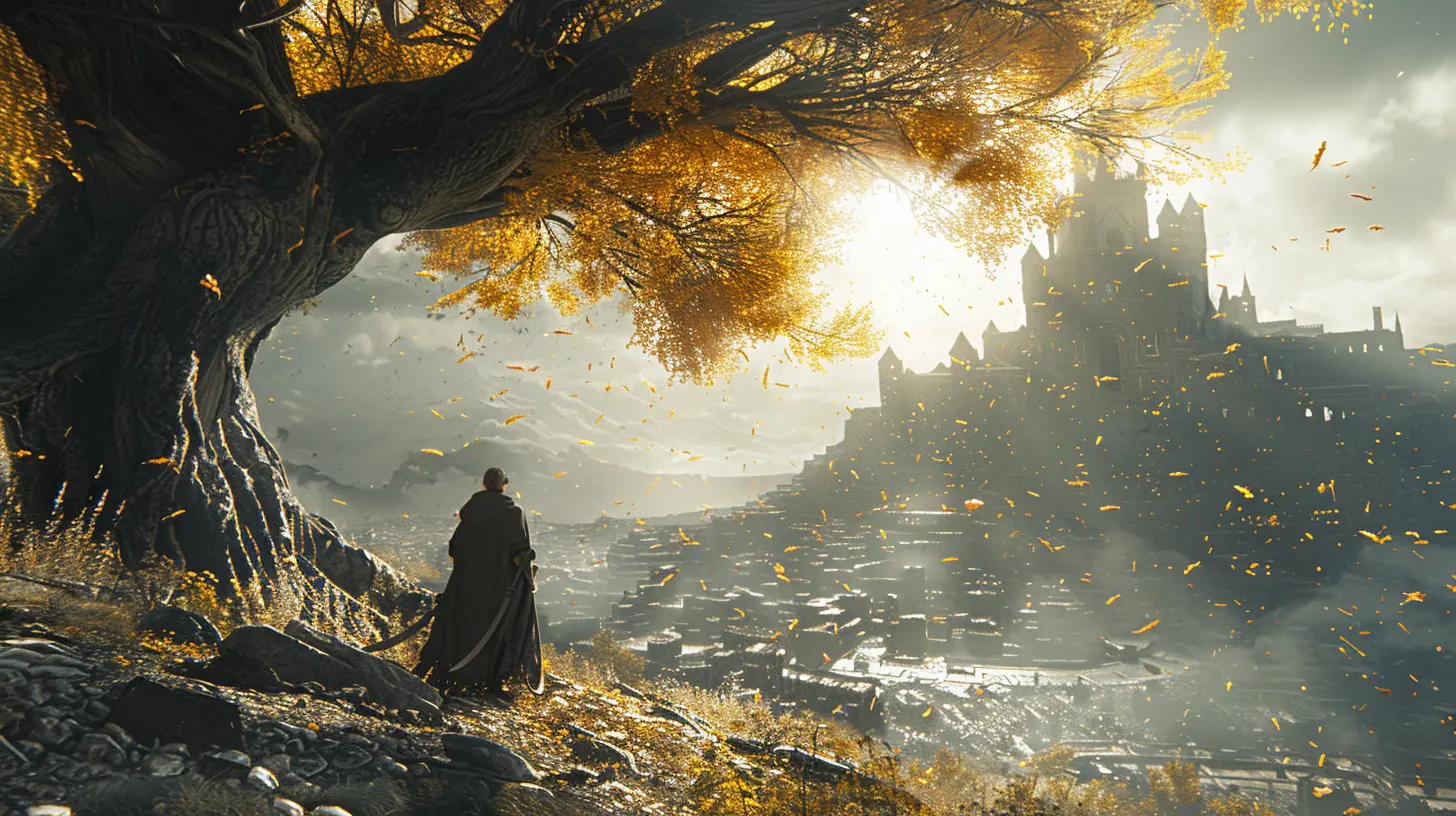
Skill Trees as Problem-Solving Tools
Let’s not forget: skill trees aren’t just about power—they’re about solving problems. Think of a game like Assassin’s Creed Odyssey. Maybe a certain enemy keeps decimating you in battle. Instead of throwing your controller out the window, you could tweak your skill tree to fix the issue.Need more survivability? Invest in defensive abilities. Want to deal more damage? Buff your assassination skills. Skill trees empower you to troubleshoot in creative, personalized ways. It’s like having a toolbox where each skill is a shiny, new wrench.
This problem-solving aspect also makes skill trees incredibly immersive. As a player, you feel like you’re growing smarter, not just stronger. That mental engagement is what separates great progression systems from boring grind-fests.
The Psychology Behind Skill Trees
Here’s where things get really interesting: the psychology of it all. Why do skill trees feel so satisfying?One word: autonomy.
Humans love having a sense of control, and skill trees hit that sweet spot perfectly. Every time you earn a skill point, it feels like the game is handing you a little slice of freedom. You get to decide where it goes and what it means for your playstyle. That’s incredibly empowering.
Plus, the branching structure of skill trees taps into our innate desire to "grow." It’s almost like leveling up in real life—each decision marks a step forward. And let’s be real, who doesn’t love the dopamine rush of seeing those "unlocked" animations? It’s like unwrapping a gift, but better.
Balancing Choice and Consequence
Of course, with great power comes great responsibility (shoutout to Uncle Ben). While skill trees give players a lot of freedom, they also introduce consequences. Choose one path, and you’re giving up others—at least temporarily. That tension between choice and sacrifice is what keeps skill trees engaging.Let’s say you’re playing Mass Effect and you decide to focus on biotic abilities instead of tech. That decision shapes how you’ll tackle combat and even how you’re perceived by NPCs. The weight of your choices adds depth to the experience, making every unlocked skill feel significant.
The challenge for developers is balancing this system to ensure no path feels overpowered or underwhelming. A well-designed skill tree offers every player a viable way to succeed, regardless of the choices they make.
Skill Trees and Replayability
If you’ve ever finished a game and thought, "I can’t wait to try a different build," then you’ve experienced the magic of replayability driven by skill trees. Games like Diablo and Skyrim thrive on offering radically different experiences depending on how you build your character.Skill trees encourage this by leaving room for "what ifs." What if you spec into archery instead of magic? What if you prioritize defense over offense? These questions keep players coming back for more, eager to explore new possibilities.
Skill Trees in Multiplayer Games
While skill trees are usually associated with single-player games, they’re making waves in multiplayer titles too. Think about games like Apex Legends or World of Warcraft. Skill trees allow players to specialize in unique roles, fostering teamwork and strategy.In team-based games, skill trees aren’t just about personal choice—they’re about synergy. Your decisions can directly impact how your team performs, adding a layer of collaboration to the mix. It’s like being part of a band, where every instrument (or skill) contributes to the overall harmony.
The Future of Skill Trees
As gaming evolves, so do skill trees. We’re seeing more innovative designs that push the boundaries of what this mechanic can do. From grid-style trees in Path of Exile to ability decks in Slay the Spire, developers are constantly experimenting with new ways to engage players.But one thing remains constant: the relationship between skill trees and player choice is here to stay. Whether they’re used to power up a warrior, fine-tune a stealth assassin, or craft a spell-slinging mage, skill trees will always be a player’s best friend. And let’s be honest—there’s nothing quite as satisfying as building your perfect character from scratch.
Closing Thoughts
Skill trees are more than just a gameplay mechanic—they’re a reflection of the choices that define us as players. They turn games into personal journeys, empowering us to solve problems, express our individuality, and leave our mark on virtual worlds. The next time you see a skill tree, take a moment to appreciate just how much it’s doing to enrich your experience. After all, every branch tells a story—and that story is yours.all images in this post were generated using AI tools
Category:
Game MechanicsAuthor:

Pascal Jennings
Discussion
rate this article
4 comments
Damon Jackson
Great article! The connection between skill trees and player choice enhances gameplay depth, allowing for unique character development and strategies.
May 6, 2025 at 4:48 PM

Pascal Jennings
Thank you! I'm glad you enjoyed the article and found the connection between skill trees and player choice insightful. It truly adds depth to the gaming experience!
Atlas McLemore
Fascinating topic! How do you think skill trees influence a player's sense of agency and overall game enjoyment? Would love your insights!
April 22, 2025 at 3:06 PM

Pascal Jennings
Skill trees enhance player agency by allowing customization of abilities, which fosters a sense of ownership in gameplay. This personal investment can lead to greater enjoyment as players feel empowered to shape their unique experiences.
Sofia Miller
Empower your journey: skill trees shape unforgettable player choices!
April 22, 2025 at 4:22 AM

Pascal Jennings
Thank you! Skill trees indeed enhance player agency, making each choice impactful and memorable.
Tamsin Mullen
This article insightfully highlights how skill trees shape player decisions, emphasizing the balance between freedom and guidance. It's a crucial aspect of game design that enhances player engagement.
April 19, 2025 at 3:11 PM

Pascal Jennings
Thank you for your insightful comment! I'm glad you found the discussion on skill trees and their impact on player engagement valuable.


